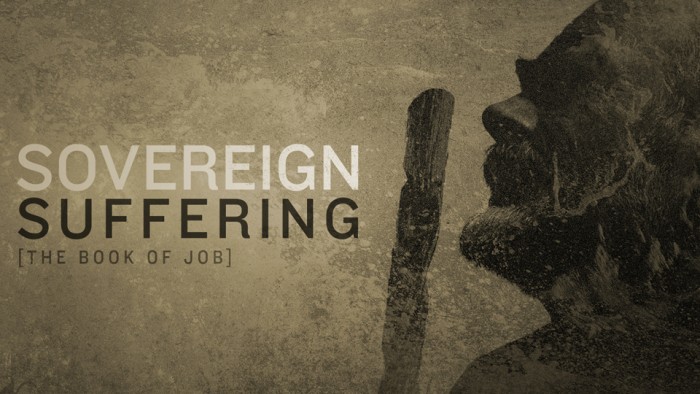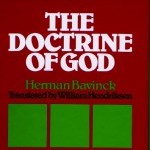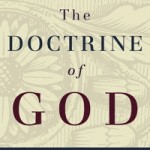Over the summer my wife Emily and our oldest son Hudson went up to Colorado for a wedding.
One day they stopped at a place where Hudson could look at the mountainous sights through a coin-operated set of binoculars. He came home with a childlike obsession with binoculars. Ever since he received a set of toy binoculars for his birthday he can often be found observing life in the Stone home through those two lenses. There is unique power and joy in having far off sights being brought near to his experience.
HOPING IN GOD DURING LONESOME SUFFERING
If we take the binoculars of Job 11-14 and point them up to heaven we’ll see two primary truths about God, on which we must set our gaze and hope in lonesome suffering.
In chapter 11 Job’s third friend Zophar comes along and says, “Job, you deserve worse. You have secret sin and nothing is hidden from God. So you must repent if you are to be restored to wealth and health.” Job responds in 12:1-13:19 with a sarcastic rebuke of his friends’ counseling system, a system that is a failure in four ways: it’s cruel (12:1-6), it’s shallow (12:7-12), it’s safe (12:13-25), and it’s wrong (13:1-12). In 13:20 we find Job turning from his friends to speak with God and although the prospect of a miserable death haunts his minds, he nevertheless expresses hope in the possibility of resurrection (14:14).
As so often happens in this wonderful book, Job’s honest and eloquent ruminations his affliction reveal a grand vision of a God who is sovereign over suffering.
STARING AT GOD
A stunning verse in chapter 13 encapsulates the God Job proclaims. Job is speaking to Zophar about his desire to plead his case with God and look at what he says in 13:15, “Though he slay me, I will hope in him.”
Do you notice the truth permeating truths about God?
First, God is terrifying. Job knows he is not perfect and that no imperfect man can stand in God’s presence and live. It is right to have terror before God. Mr. Beaver gets it so right in The Lion, the Witch, and the Wardrobe when little Lacy asks if the great lion king Aslan is safe. Beaver reponds, “Safe? . . . Who said anything about safe? ‘Course he isn’t safe. But he’s good. He’s the King, I tell you.” I am going to plead my case with God and He may kill, but still “I will hope in him.” Which leads to the second thing we must see . . .
Second, God is trustworthy. Job believes he is all alone before God, there is no one with him, but he reaches down the depths of his soul, to what he knows about God, and says, “I must have hope.” Terror before God doesn’t remove Job’s trust in God.
Is God terrifyingly trustworthy to you?
This post is adapted from my recent sermon, “Suffering with Zophar“, on Job 11-14.





